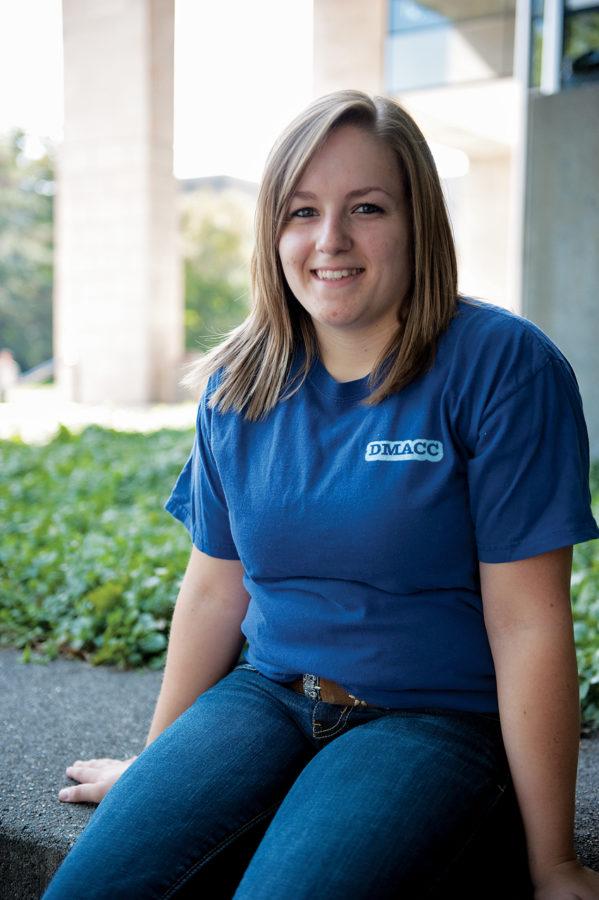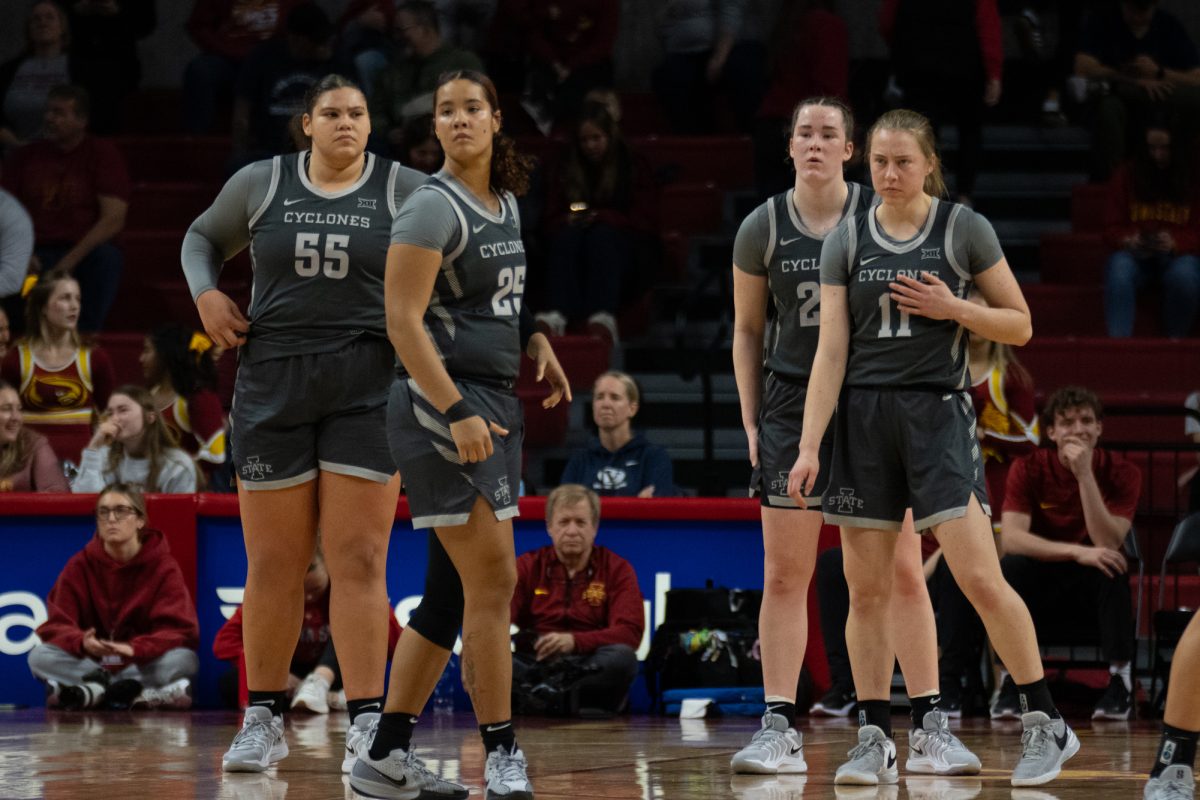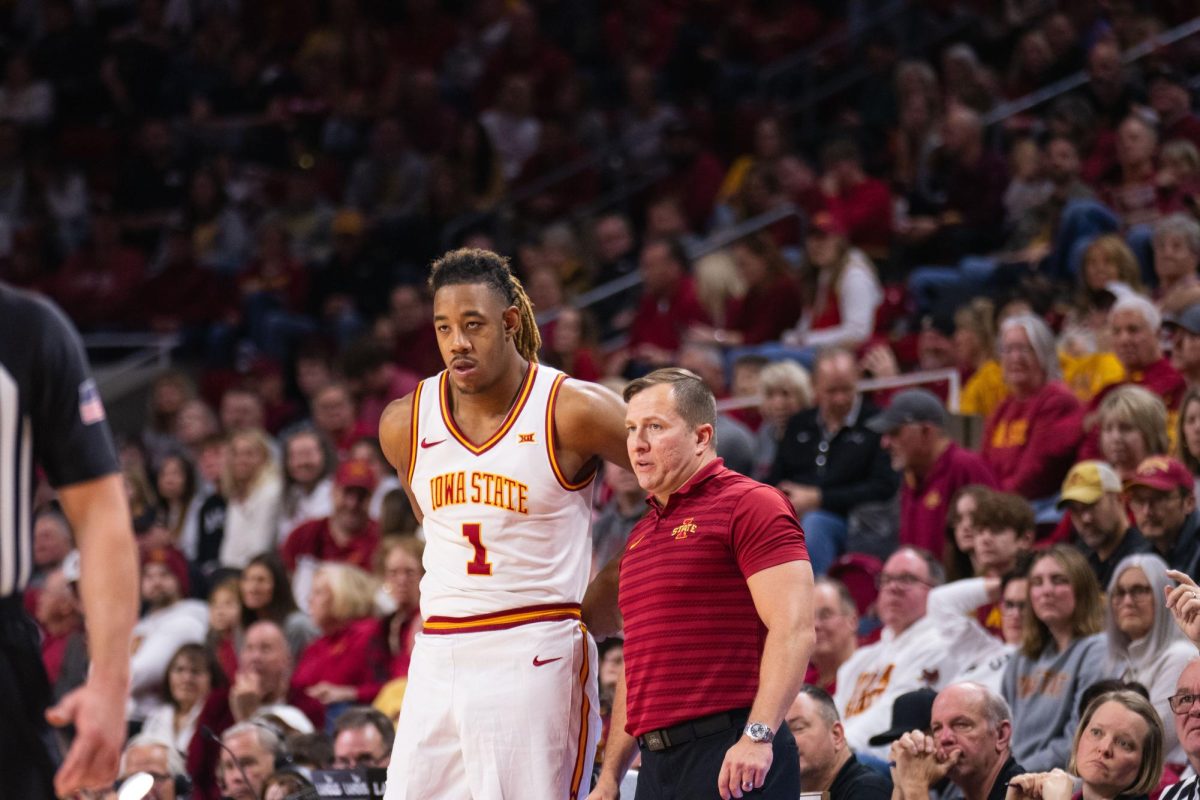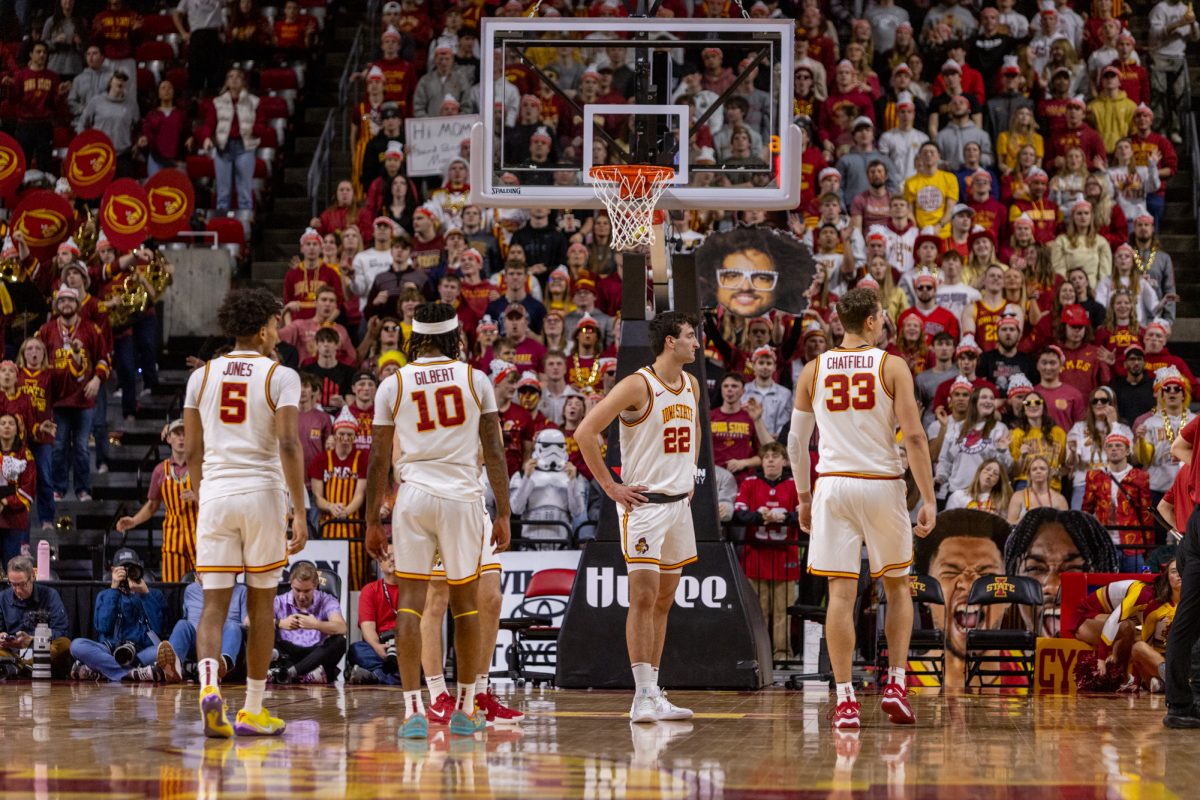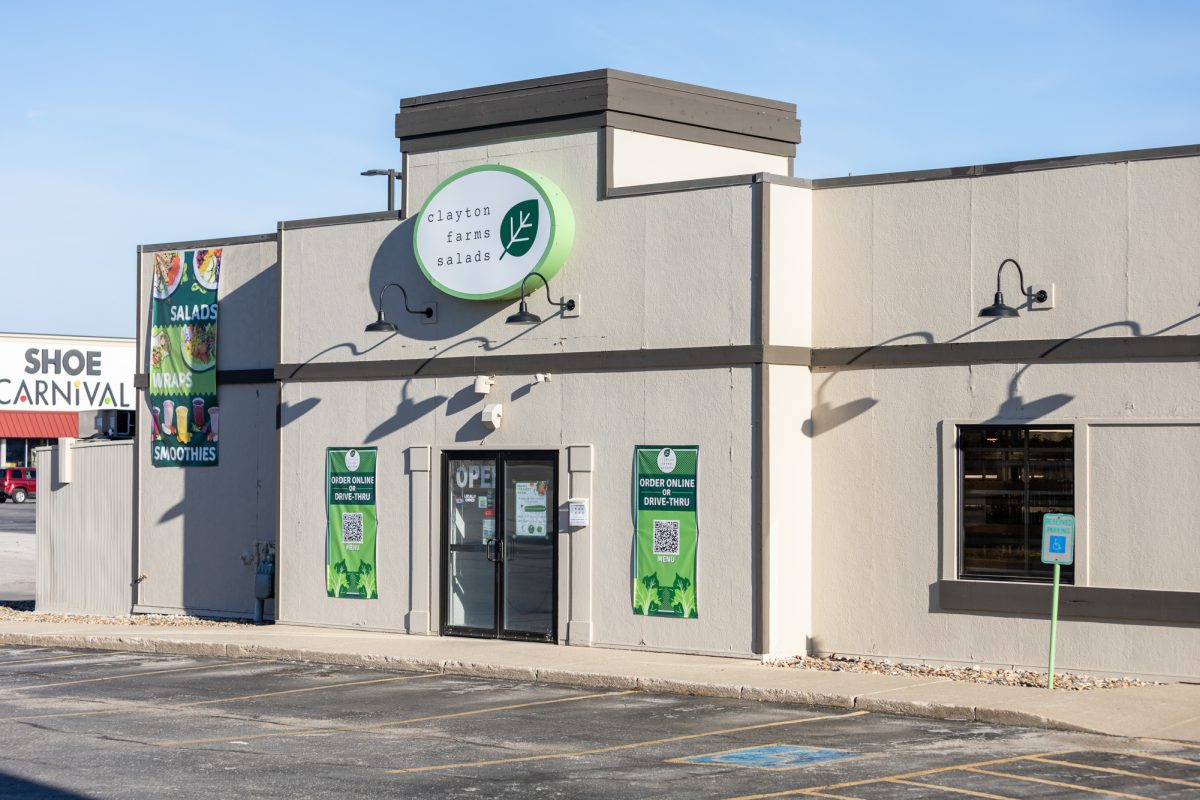Community college transfer student shares story of scholastic struggle
Photo: Zhenru Zhang/Iowa State Daily
Angela Ruden transferred to Iowa State from DMACC, majoring in microbiology. She had a less-than-enjoyable experience adjusting to Iowa State. Ruden explains how unprepared she felt for her high-level classes.
September 19, 2010
Angela Ruden felt she knew going to a four-year university right out of high school wouldn’t be for her.
Ruden, sophomore in microbiology, thought going to a community college was the best choice. She decided to go to Des Moines Area Community College for two years before transferring to Iowa State. Ruden’s parents always supported her choices, and money was never a contributing factor in her decision to attend DMACC.
“I mainly decided to go there so I could have a better transition from a small high school to college and then a smaller college to a larger university,” Ruden said.
In fall of 2009, 982 students transferred from an Iowa community college to Iowa State, according to the ISU homepage.
With smaller class sizes, DMACC has 19-30 students per classroom.
Coming to a student population of 28,000, Ruden said the biggest change for her was having 300 students in a classroom with her.
Although class size isn’t a problem, Ruden feels that when talking about academics, the transition from a community college to a bigger university is not as smooth as it should be.
“I am very concerned about what to expect from my teachers and my harder courses like organic chemistry,” Ruden said. “I am also worried about not knowing what to do because I am in the higher-level courses, and they expect all of us to know how to do everything. They don’t take into consideration that there may be transfer students, like me, who haven’t been taught how to do things the way a university would want them done.
“I felt completely lost the first day of class and everyone was prepared, but I didn’t know I needed to do pre-labs and that I had to have a special lab notebook. I never learned this stuff at DMACC, and they didn’t tell me coming into class.”
Overall, Ruden said that she personally had a bad experience transferring from DMACC to Iowa State.
With teachers that didn’t know what they were doing or acting like they didn’t want to be in the classroom, DMACC did not teach Ruden what a university would expect of her in her classes. DMACC advisers were clueless when Ruden brought up the transfer program at Iowa State, leaving Ruden the complete responsibility of figuring out the transfer on her own.
Greg Millar, senior transfer admission counselor at Iowa State, has been working as a counselor with the university for 16 years. Millar works to ensure students transition well from other programs.
“We do a lot in our office to ensure that students, if they take the courses at a community college that will fit into their programs here at Iowa State, will lead to a seamless transition,” Millar said. “We feel like we do everything we can and make tools available to students.”
With website tools such as Transit, a site that allows students to check to see which classes they took at their community college that will transfer at Iowa State, students are able to print off a degree audit that will allow them to see which classes apply to their major and which credits they fulfill.
Focusing on academics, Millar often works with community colleges and feels that they do a good job in developing relationships, but that there are things to improve upon.
“In my office, we hear primarily from colleges that employers want to see more internship experiences and job-related things, and I don’t know if that message has worked its way down to the community colleges yet,” Millar said. “Based on the comments, maybe we need to work on things.”
Although Ruden struggled to find a seamless transition, she is happy to finally be at a bigger institution where she feels like she is using her time for the best.
“I would recommend going to a community college if you either want to save money or if you are not sure what you want to do yet,” Ruden said. “I had already known exactly what I wanted to do, and I thought a community college would help me in my transition, but I feel like it made it a little more difficult in a way.”


